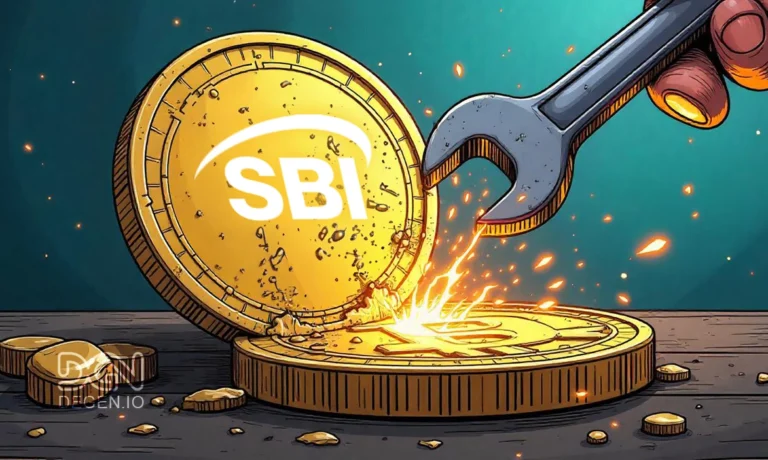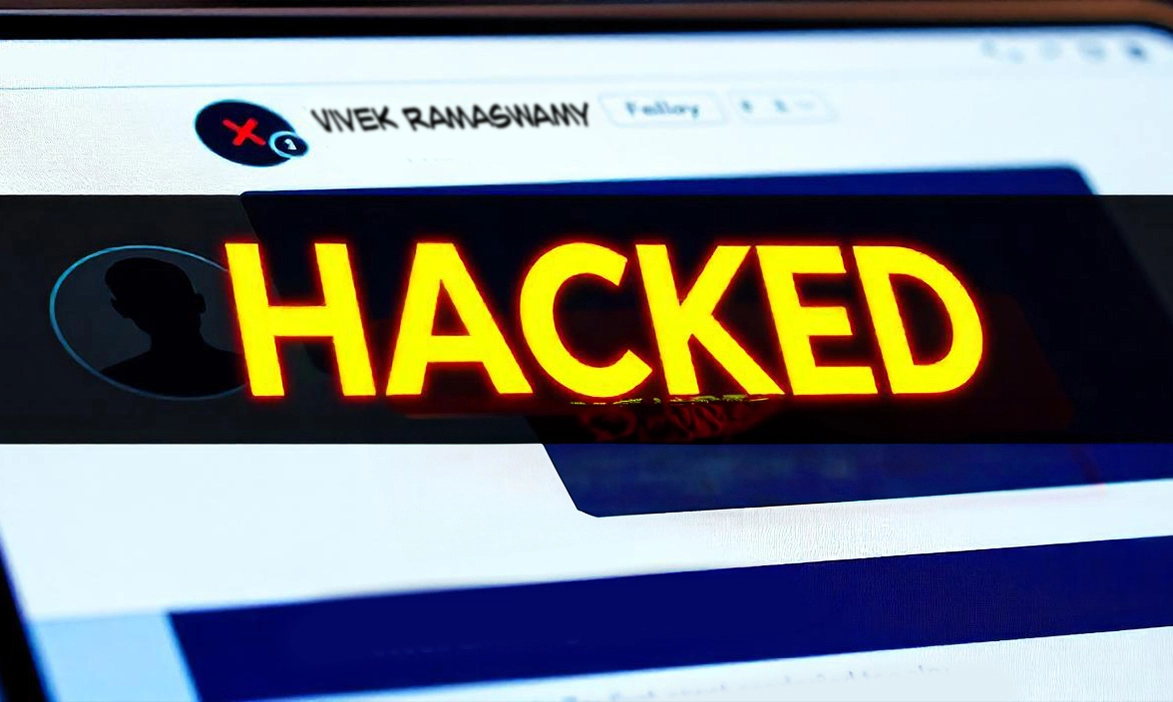Trabajo24 Token (T24) is now in presale, offering early supporters the opportunity to acquire a real-utility token designed to power South America’s fastest-growing freelance and contracting marketplace. Trabajo24’s platform introduces lightning-fast payments, an advanced escrow system, and automated transaction validation rewards, setting a new standard for freelancing and contracting in the region.
The Trabajo24 ecosystem is already operational, with a fully functional contractor and freelancer marketplace at www.trabajo24.ai. Now, with T24 at its core, users gain access to instant, secure, and fair transactions, all while being rewarded for their participation.
Why Trabajo24 is the Ultimate Go-To Platform in South America
While traditional freelance marketplaces suffer from slow payouts, high fees, and lack of trust, Trabajo24 fixes these issues with blockchain-powered automation.
Key Features:
Lightning Payouts (10-30 minutes) – Faster than every existing freelancer platform. Your Payout is just a few blocks away.
Automated Escrow Rewards – Users get T24 for validating transactions.
Work Tracking Rewards – Earn T24 for every full hour worked.
Escrow Wallet for Rewards – Continuously filled from platform transactions.
Unlike speculative tokens with no real purpose, T24 has an immediate use case, powering a platform that already serves real contractors, freelancers, and businesses.
Exclusive Interview with the Trabajo24 Team
To shed more light on the vision behind T24, we sat down with the Trabajo24 team to discuss why this token is not just another crypto, but a key pillar of the platform’s growth.
📰 Interviewer: Trabajo24 already operates a successful freelance and contracting marketplace. Why introduce T24 now?
💬 Trabajo24 Team: We’re not just building a platform; we’re creating the most efficient way to work and get paid in South America. By integrating T24 as our payment and reward system, we ensure instant payouts, decentralized escrow security, and fair compensation for every hour worked. Unlike banks, which take days, or platforms that charge high fees, T24 guarantees freelancers get their money within 10-30 minutes.
📰 Interviewer: Can you explain the Escrow Rewards and how users benefit?
💬 Trabajo24 Team: Absolutely. Our Escrow Wallet is filled automatically from platform transactions and serves as a reward pool for users who validate escrow transactions. This system incentivizes fair, instant, and trustless transactions by ensuring that those who participate in securing and verifying payments get rewarded with T24 tokens.
📰 Interviewer: What’s the benefit of the Time Tracker reward system?
💬 Trabajo24 Team: Our Time Tracker measurement tool ensures that freelancers and contractors get paid fairly. Every full hour worked is rewarded with T24 tokens, creating an ecosystem where the more value you create, the more you earn. This aligns our platform’s incentives with our users’ success.
📰 Interviewer: How does the Escrow Wallet scale with platform growth?
💬 Trabajo24 Team: Since the Escrow Wallet is automatically replenished from platform transactions, it scales alongside platform adoption. As more freelancers and businesses use Trabajo24, more T24 tokens flow into the reward system, ensuring long-term sustainability and participation incentives.
Built for Real-World Adoption – Not Just Another Crypto
T24 isn’t about speculation – it’s about creating a functional, rewarding, and instant payment system for freelancers and contractors. With the gig economy booming across Latin America, Trabajo24 is positioning itself as the go-to marketplace for hiring top talent with blockchain-backed security and efficiency.
Businesses can contract work instantly with automated escrow protection.
Freelancers receive payments in FIAT within 10-30 minutes – no delays.
Users who verify transactions and track work hours are rewarded.
The traditional freelancing market is outdated and inefficient. Trabajo24 is building the future.
Final Call: Don’t Miss the T24 Presale!
The Trabajo24 presale is live, and early adopters have the unique chance to acquire T24 before the masses.
Presale Link: tinyurl.com/t24-presale
Telegram: t.me/trabajo24_official_token
Website: www.trabajo24.io
About Trabajo24 Token (T24)
Trabajo24 Token (T24) is a decentralized payment and reward system powering the Trabajo24 freelancer and contracting marketplace. With instant payouts, escrow-backed security, and automated work tracking incentives, T24 creates a fair and efficient environment for contractors, freelancers, and businesses in South America, Spain and the US.
📢 For Media Inquiries:
Esteban Jones
















